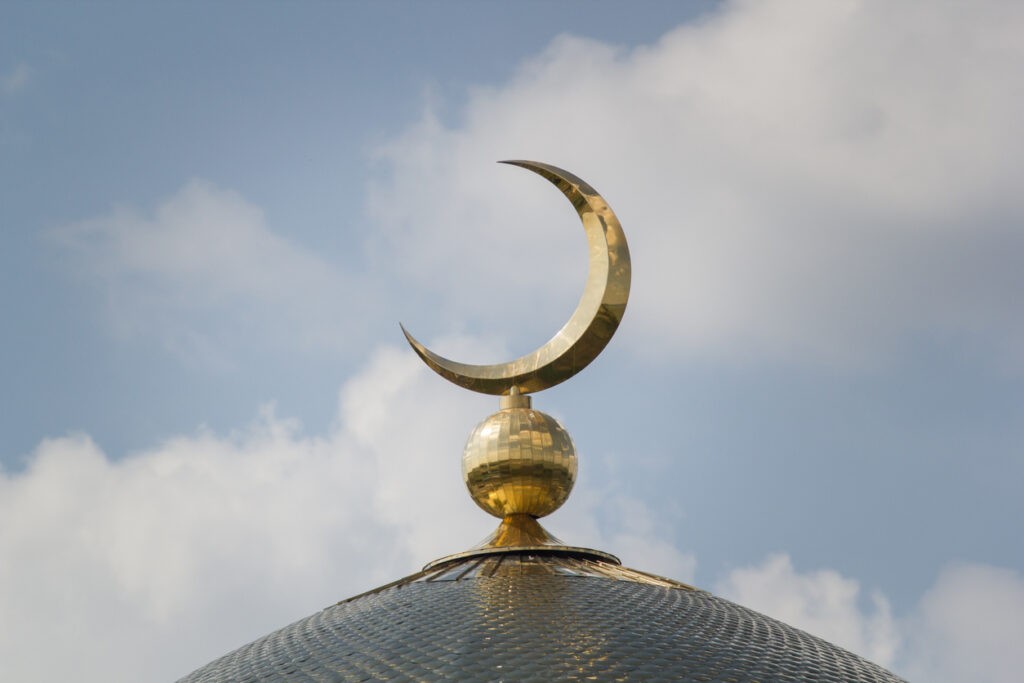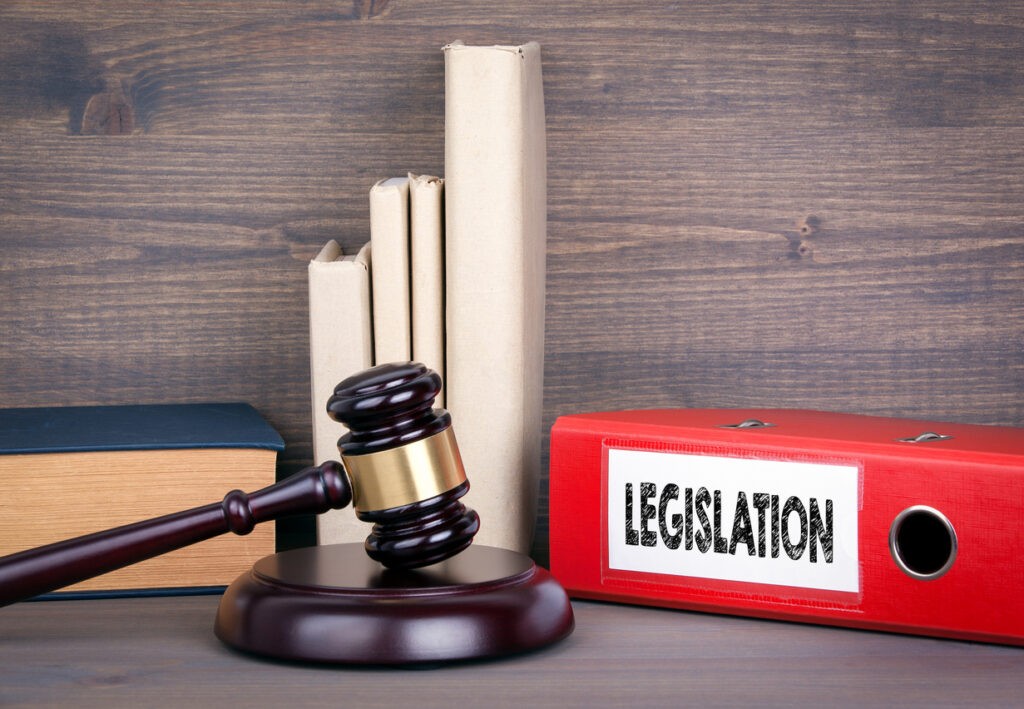New Kyrgyz Investment Zone to Operate Under English Law
On March 17, Kyrgyzstan's president Sadyr Japarov signed a decree titled "On Measures to Establish a Special Investment Territory with a Special Legal Regime in the Issyk-Kul Region and an Independent International Center for Dispute Resolution Using English Law". Boosting Investment Appeal The initiative aims to enhance Kyrgyzstan’s attractiveness to foreign investors by providing a more predictable and internationally recognized legal framework for business operations. The decree directs the Cabinet of Ministers to take the necessary steps for implementation, including the potential involvement of international consultants and legal experts in the development of the special investment zone and dispute resolution center. Adopting English Common Law for Dispute Resolution On March 11, Adylbek Kasymaliyev, Chairman of the Cabinet of Ministers, met with British Ambassador Nicholas Bowler and a group of international legal consultants to discuss adopting English common law principles for handling investment disputes in Kyrgyzstan. English common law, which is based on judicial precedents rather than codified statutes, is widely used in international commerce and financial centers such as London, Dubai, and Singapore. Supporters argue that its introduction in Kyrgyzstan could increase investor confidence by offering a more stable and predictable legal environment. Legal Experts Express Skepticism Despite the government’s enthusiasm, some legal experts remain skeptical about the feasibility of incorporating English common law elements into Kyrgyzstan’s legal system. Critics point to potential challenges, including compatibility with existing Kyrgyz laws, the need for specialized legal training, and whether the judiciary can effectively apply a mixed legal framework. The establishment of a special investment territory in Issyk-Kul and an independent dispute resolution center represents a bold step toward legal modernization in Kyrgyzstan. While the adoption of English common law principles could improve investor confidence, the success of the initiative will depend on effective implementation, legal harmonization, and investor reception.






